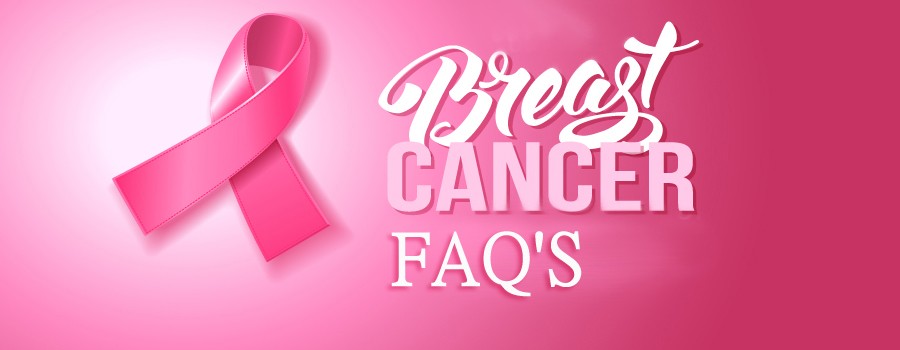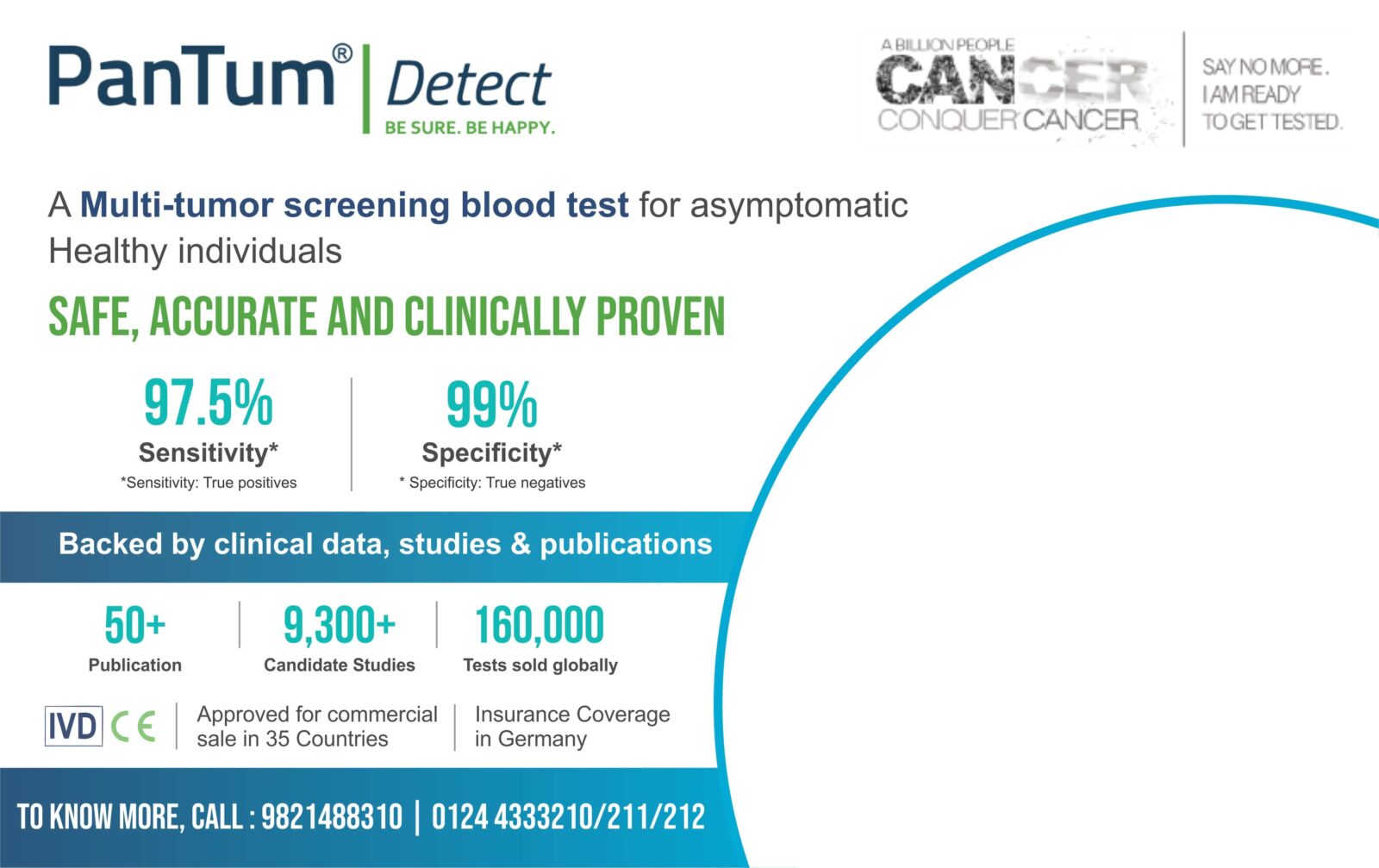
Breast Cancer FAQ’s
Breast cancer is a massive and scary topic, and it’s normal to have a ton of questions. Here’s a list of some of the most frequently asked questions we get about breast cancer. Don’t see your question on the list? Let us know what you’re curious about, and we’ll do our best to answer it.
1. Does a family history of breast cancer put someone at a higher risk?
Females who have a family history of breast cancer are in a higher risk group, but most women who have breast cancer have no family history.
Statistically only 5-10% of individuals diagnosed with breast cancer have a family history of this disease. So anyone with a family history of breast or ovarian cancer must do the recommended self breast examinations , timely radiographic screening (mammograms, MRI breasts) .
This class of people can also get them tested for germline mutation testing which can detect any mutation that puts the peron at a higher than normal risk for certain cancers .
2. How often should I do a breast self exam (BSE)?
Breast self-exam should be done once a month.
Look for any changes in breast tissue, such as changes in size, palpable lump, dimpling or puckering of the breast, nipple inversion, redness or scaliness of the breast skin, redness or scaliness of the nipple/areola area, or discharge of secretions from the nipple.
Though 8 out of 10 lumps are benign, all require evaluation to confirm that they are not cancerous.
Women should perform their breast self-exam 7-10 days after their menstrual period starts which is also when their breasts are the least tender and lumpy.
3. Is there a link between hormone replacement therapy (HRT) and breast cancer?
HRT was added to the carcinogenic list by the American Cancer Society in the early 2000s. It is recommended that women with known risks not be placed on HRT to control of menopausal symptoms. They should be encouraged to seek other safer alternatives.
4. Is there a link between oral contraceptives and breast cancer?
Use of OCPs for more than 5 years is associated with an increased risk of breast cancer .However due to the low amount of hormones in birth control pills today, the risk is relatively small.
5. Can a healthy diet help to prevent breast cancer?
A nutritious, low-fat diet (30 grams or less) with plenty of fruits and green and orange vegetables can help reduce the risk of developing breast cancer.
A high-fat diet increases the risk because fat triggers estrogen production that can fuel tumor growth
But to conclude , diet is not the only factor causing cancer, its one of the factors among the multifactorial causes of breast cancer.
6. Does smoking cause breast cancer?
Yes, Smoking is a confirmed risk factor for many types of cancer including breast cancer.
7. Can drinking alcohol increase the risk of breast cancer?
Yes, even one drink per day has been shown to slightly increase the risk of breast cancer and it is irrespective of the alcohol content, be it wine, beer or a mixed drink.
Alcohol also contributes to breast cancer apart from other mechanisms by increasing estrogen levels in your bloodstream.











